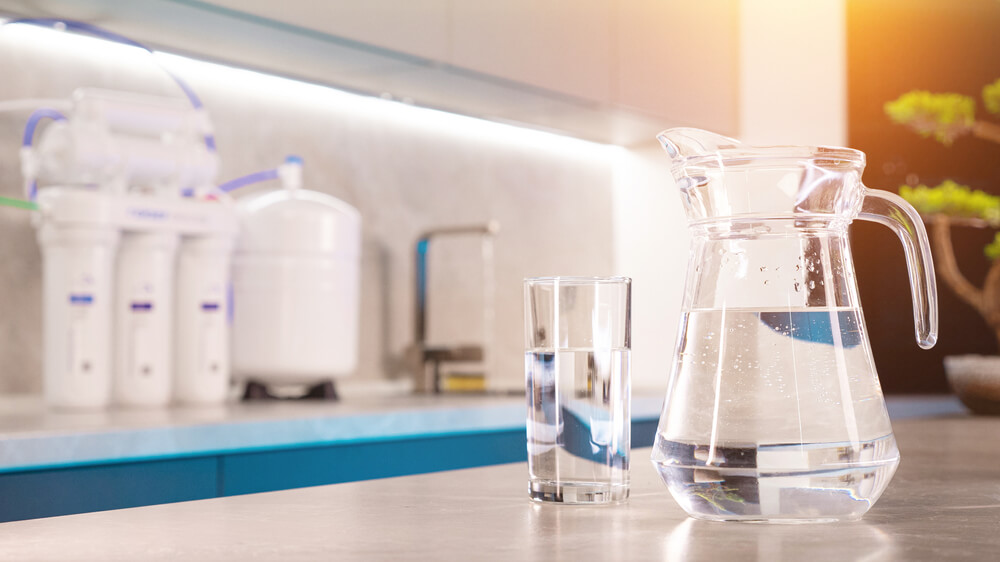Health enthusiasts and professionals have debated reverse osmosis (RO) water. While it’s praised for its purity, there are questions about its long-term safety. This blog post explores the potential risks and benefits of drinking RO water over an extended period.
Is RO Water Bad for Kidneys?
Understanding RO Water
Reverse osmosis is a filtration process that removes contaminants from water by using pressure to force water molecules through a semipermeable membrane. This process effectively strips away impurities, leaving you with spotless water. However, it removes essential minerals like magnesium, calcium, and potassium.
The Role of Minerals in Kidney Health
Your kidneys play a crucial role in maintaining your body’s mineral balance. Minerals like calcium and magnesium are vital for various bodily functions, including muscle function and bone health. The absence of these minerals in RO water may lead to deficiencies if not supplemented through diet or other means.
Scientific Perspective
While limited research directly links RO water to kidney problems, some studies suggest that drinking demineralized water over long periods may not be ideal. A lack of essential minerals can lead to imbalances that could affect kidney function. However, to mitigate any risks, it’s vital to consider other dietary sources of these minerals.
Can Bacteria Grow in RO Water?

The Purity of RO Water
One of the primary benefits of RO water is its high purity level. The filtration process removes bacteria, viruses, and other pathogens, making drinking safer than untreated water. However, once stored, RO water is not immune to bacterial growth.
Storage Concerns
Bacteria can grow in RO water if it’s stored improperly. For instance, even RO water can become contaminated in a poorly sanitized container or an environment conducive to bacterial growth. To prevent bacterial contamination, it’s crucial to store RO water in clean, airtight containers and consume it within a reasonable timeframe.
Prevention Methods
To ensure the long-term safety of RO water, consider adding UV sterilizers or other disinfection methods to your water storage system. These additional steps can help maintain the purity of your RO water and prevent bacterial growth.
Be Safe on Board
Drinking RO water in the long term has its pros and cons. While it offers exceptional purity by removing various contaminants, it also strips away essential minerals vital for health. To mitigate potential risks, ensure you get adequate minerals through your diet or supplements. Additionally, proper storage practices are crucial to prevent bacterial contamination.
In summary, RO water can be safe to drink long term, provided you address the concerns of mineral deficiency and proper storage. If you’re considering switching to RO water, consult healthcare professionals to ensure it aligns with your overall health goals.
For more insights and personalized advice, visit Cruise RO Water and Power and explore our range of high-quality RO systems designed to meet your needs.




